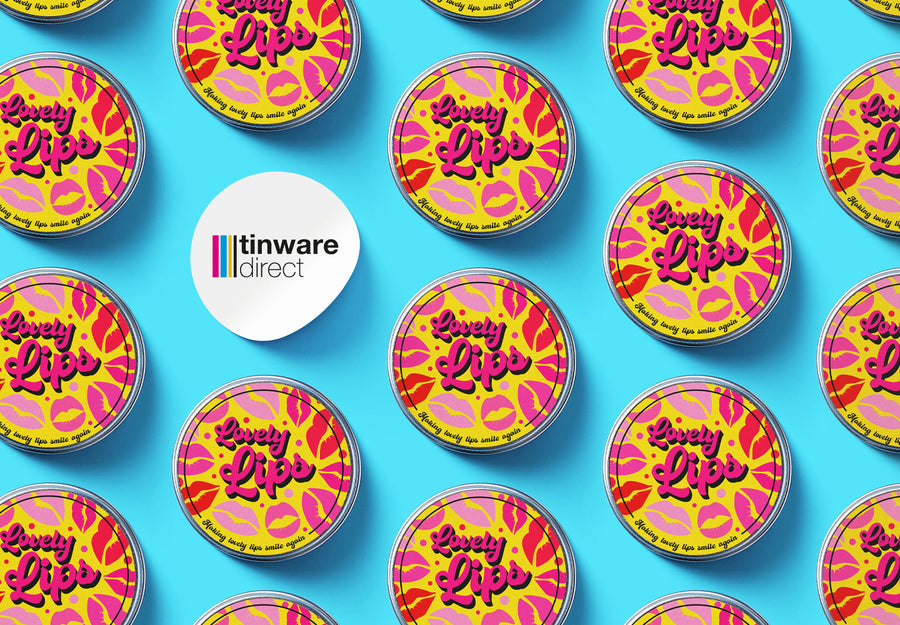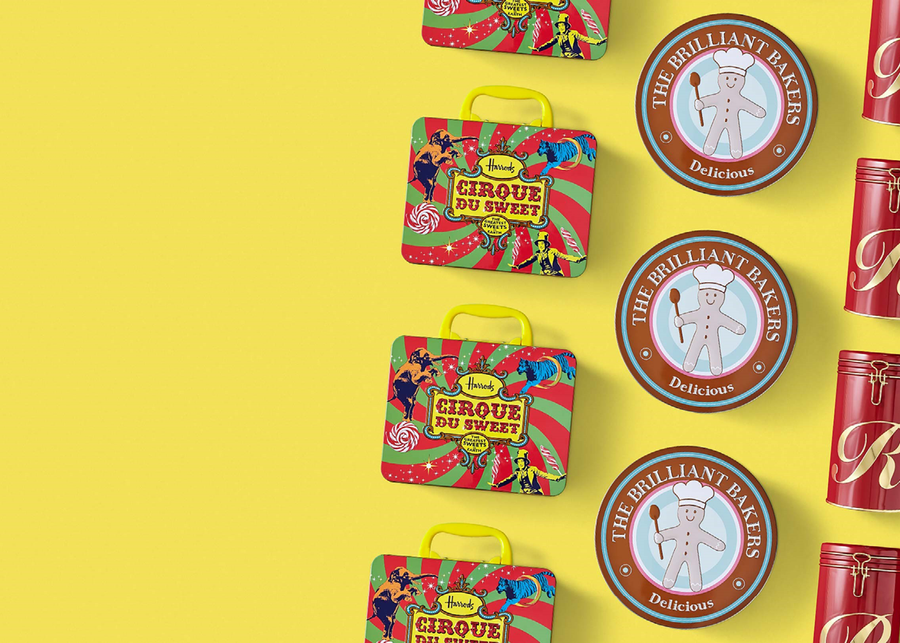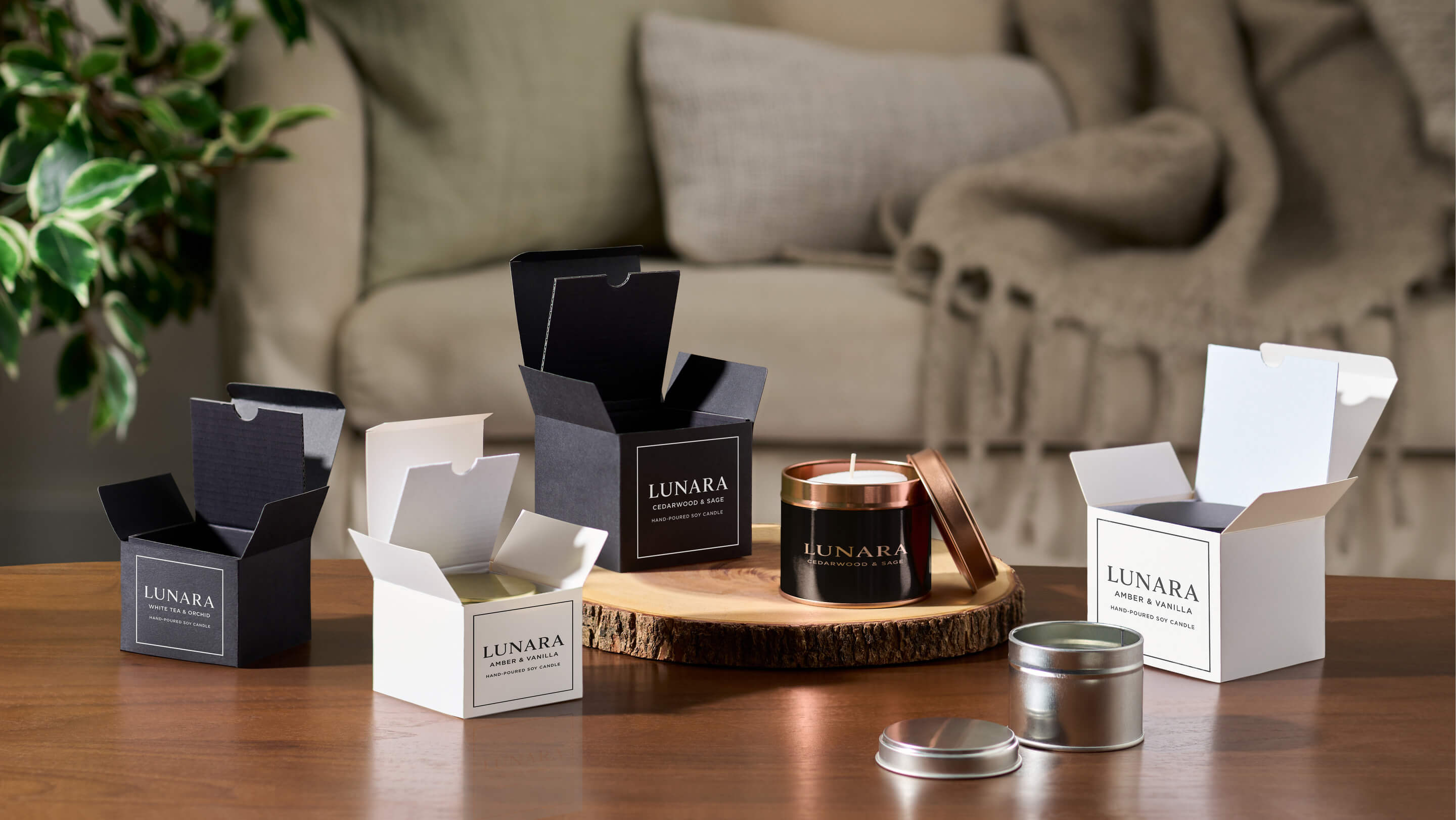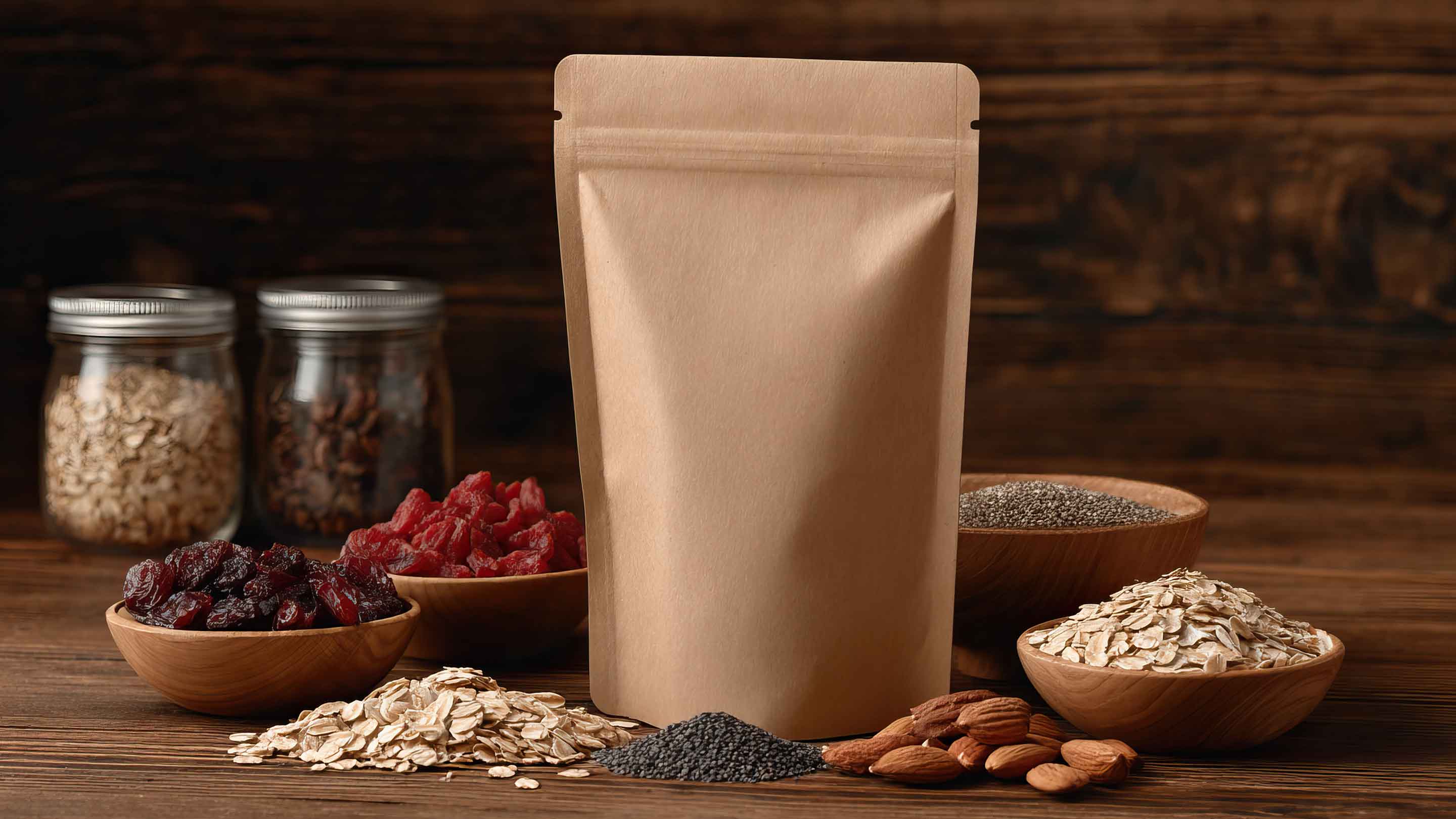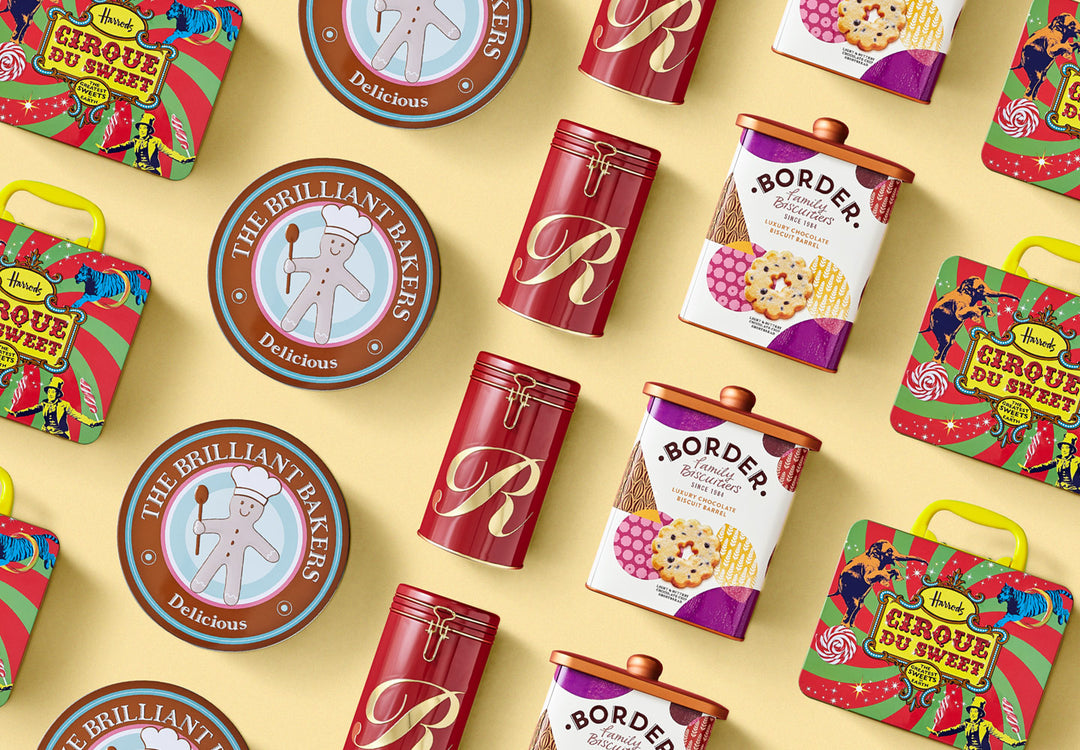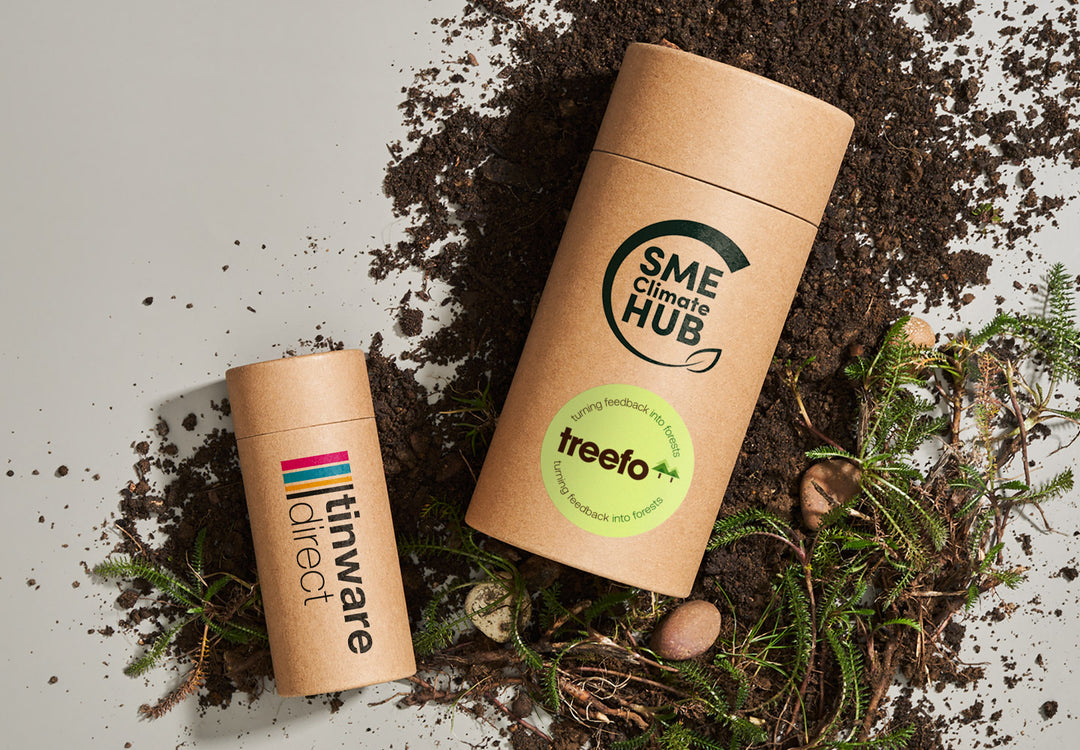How To Market A New Cosmetics Business

If you are starting a cosmetics business, you should always begin by putting together a comprehensive marketing strategy. Using the right tactics, tools and campaigns will help elevate your business over competitors and ensure that you receive the right level of attention. So, what are the key building blocks for a great cosmetics marketing strategy? Here are the suggestions we recommend.
Understanding Your Target Market
Before you dive into marketing, it's crucial to have a clear understanding of your target market. Identifying the demographics, preferences, and behaviours of your potential customers will allow you to tailor your products and marketing strategies effectively. Consider factors like age, gender, income level, and lifestyle. Conduct surveys, focus groups, and market research to gather valuable insights. For instance, some cosmetics will appeal more to women or men as well as particular age groups. You may want to create a buyer persona so you have a clear image of exactly who you are selling to.
Knowing your target market will help you create products that meet their needs and develop marketing campaigns that resonate with them. This thoughtful approach ensures that your efforts are not only innovative but also impactful. This is often the first stage in creating the right marketing strategy.
Finding Your Audience
Once you've identified your target market, the next step is to find where your audience spends their time. This could be on social media platforms, beauty blogs, forums, or even physical locations like malls and beauty stores. Utilise online tools like Google Analytics and social media insights to track where your potential customers are most active
Engage with them through these channels by sharing valuable content, participating in discussions, and providing solutions to their beauty concerns. This not only helps in building a community around your brand but also positions you as a helpful and thoughtful leader in the cosmetics industry. If you are viewed as a leader in the cosmetics industry, customers will start to trust your brand. You will build loyalty.
Choosing The Best Suppliers
Selecting the right suppliers for your cosmetics business is critical to ensure the quality and reliability of your products. Look for suppliers who offer high-quality ingredients and have a reputation for consistency and ethical practices. Establishing strong relationships with your suppliers can lead to better terms and collaboration opportunities.
Consider suppliers who are aligned with your brand values, such as those who offer sustainable and cruelty-free products. This not only enhances your brand's image but also appeals to the increasingly eco-conscious consumer base.
Explore case studies, client reviews and more to identify the top companies that you should be working with. Particularly, if your customers will be able to identify the links you have with these businesses.
Building Brand Loyalty Through Customer Engagement
Customer engagement is key to building brand loyalty. Encourage customers to interact with your brand through social media, email newsletters, and in-store events. Respond to their queries, appreciate their feedback, and involve them in your product development process.
Offering personalised experiences, such as customised product recommendations or exclusive previews of new launches, can make your customers feel valued. This positive engagement fosters a sense of loyalty and encourages repeat purchases.
User generated content is a fantastic example of this and key for selling cosmetics. Share images of customers who have used your products with before and after shots. Get active on TikTok and connect to people who love your brand.
Utilising Influencer Partnerships
Influencer marketing is a powerful tool in the cosmetics industry. Collaborating with influencers who align with your brand can help you reach a wider audience and build credibility. Choose influencers whose followers are part of your target market and who genuinely believe in your products.
These partnerships can take various forms, from sponsored posts and product reviews to giveaways and collaborations on new product launches. A well-executed influencer partnership can significantly boost your brand's visibility and trustworthiness.
Planning A Budget
Effective marketing requires a well-planned budget. Determine how much you can allocate to various marketing activities such as advertising, promotions, influencer partnerships, and events. Ensure you have a clear understanding of the expected returns on these investments.
It's also wise to set aside a contingency fund for unexpected expenses or opportunities. Regularly reviewing and adjusting your budget based on performance metrics ensures that your marketing efforts remain cost-effective and impactful.
Know Your Competitors
Understanding your competitors is essential to standing out in the cosmetics industry. Analyse their products, marketing strategies, strengths, and weaknesses. This can provide valuable insights into market trends and consumer preferences.
By knowing what your competitors are doing, you can identify gaps in the market and opportunities to differentiate your brand. Whether it's through innovative products, superior customer service, or unique branding, finding your unique selling proposition will set you apart and attract more customers.
